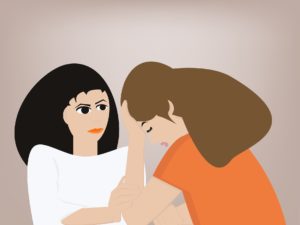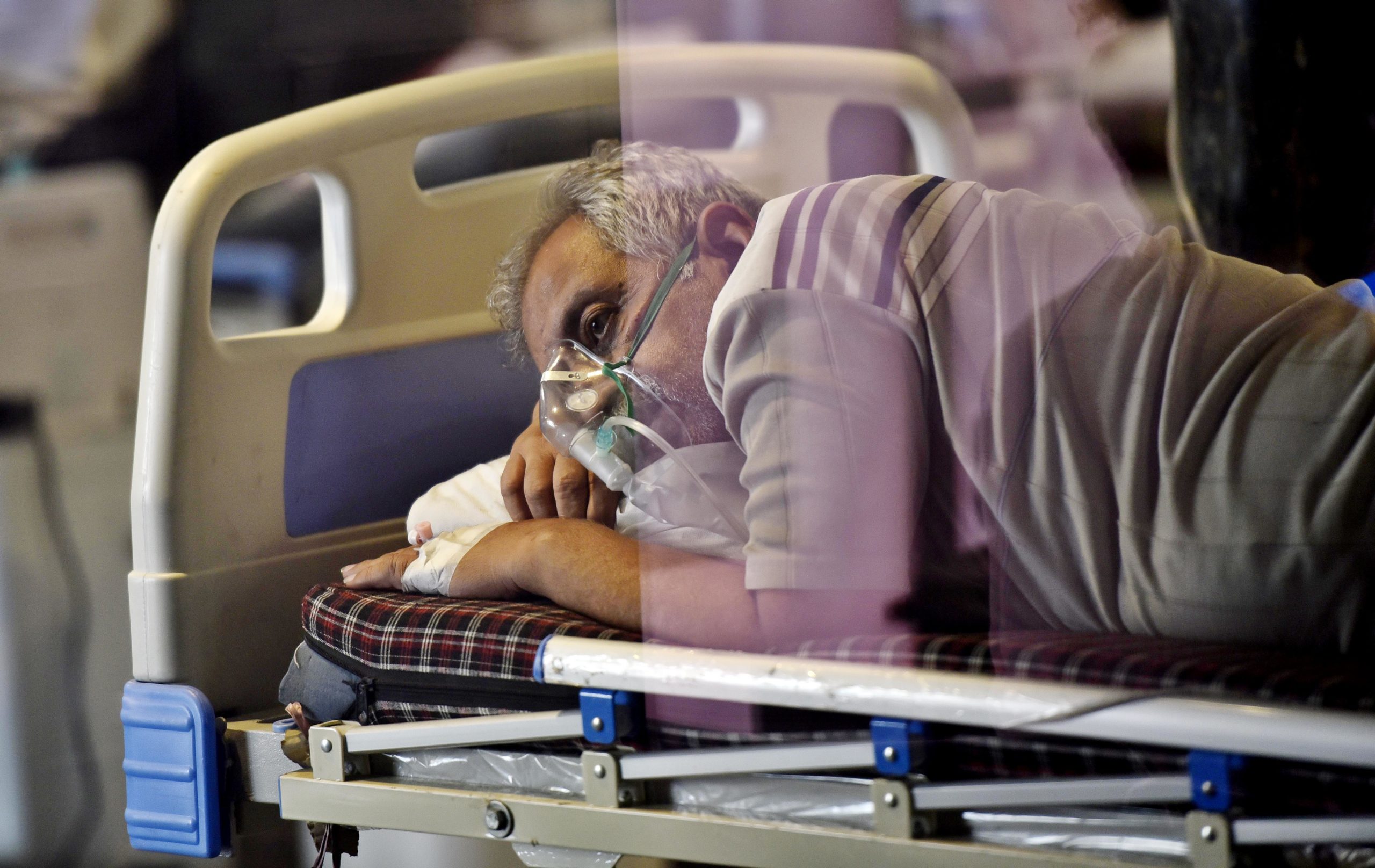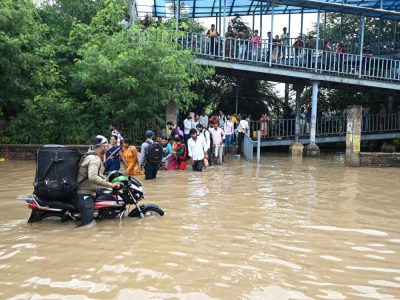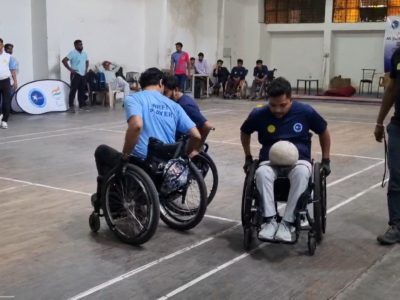Isolation, constant screen time, exposure to news of the ongoing crisis – all these have led to the rise in mental health issues in Covid-19 patients, and it continues even post recovery
25- year-old Aditi was taking all precautions to avoid contracting Covid. But unfortunately the wretched virus took her in its grip. Initially, she thought it would be manageable until she got high fever last week.
“I was anxious, how will I manage everything alone?” she thought, and SOS messages on social media about oxygen leads made her panic. “I started thinking I can’t breath.” Panicking about Covid caused a drop in her oxygen. But she didn’t check it; later she could manage it somehow.
Aditi is a Covid patient, and the virus engendered a lot of anxieties in her. Her family is in Rajasthan and she is in Delhi dealing with the disease all alone. “My family members are also Covid positive, many friends too. I am worried about their health too.”
Many Covid patients are complaining about severe stress and anxieties. Being confined to a room, always on the phone — gives the idea of the worsening situation of hospitals, and is taking a toll on the mental health of patients.
“Dealing with Covid anxiety has been a challenge in itself, counting days before you can finally step out of the confinement of the room is tiring, and on top of that your health is critical too. Therefore, all the thoughts just worsen your situation, and one can only try to distract themselves to recover properly,” said 24- year- old Tanish, who is also a Covid patient.
Anxieties occur not only during illness, but even after recovering patients are faced with mental health issues. A paper by researchers from Italy who were studying post-traumatic stress disorder (PTSD) depression, anxiety, insomnia, and obsessive-compulsive (OCD) symptomatology, a month after hospital treatment among Covid patients says, “A significant proportion of patients self-rated in the psychopathological range: 28% for PTSD, 31% for depression, 42% for anxiety, 20% for OC symptoms, and 40% for insomnia. Overall, 56% scored in the pathological range in at least one clinical dimension. Despite significantly lower levels of baseline inflammatory markers, females suffered more for both anxiety and depression.”
Poorna Chandrika, director of the Institute of Mental Health told The Hindu, “There is a low mood that could be related to fatigue, and could be part of depression. This happens because people go into isolation suddenly and the restrictions cause a strain on them. Those with good family support are better off, but there are instances where testing positive for Covid-19 has caused anxiety among family members, straining relationships.”

Patients have been complaining about low mood, lack of concentration, sleeplessness even after recovering for over a month.“I contracted the virus two months ago; it was a horrible experience. Now again cases are on rise, I am trapped in my home. The quarantine is prolonging, it seems, which is excruciating. I can’t fathom how I am feeling. The fear of reinfection and going through the same is giving me sleepless nights,” said 33- year- old Rahul. “The scary dream of dying alone is haunting me. Everyday I can’t stop myself from thinking, what will happen to my family if I am no more,” he added.
The Centre for Disease Control and Prevention (CDC) has outlined some guidelines to deal with Covid related stress. One of which is taking breaks from watching, reading, or listening to news stories, including those on social media. It is actually helping people. 22-year-old Aditya, a student in Delhi is applying this, “I am not using social media at all. I am watching movies and talking with friends. That has helped me to an extent.”
People who are not home alone and have friends and relatives around are finding it relatively easier to deal with Covid. When Peerzada got Covid, his roommate too tested positive. “We ordered everything only, took care of each other. But while we were sick and following the news, how Delhi is gasping for breath, it was really scary and made us anxious.”
For Bakshinder Bhatia, a student at Jamia Millia Islamia, family’s support is very critical for the recovery process. “My parents are taking care of me, that is giving me the strength to fight this virus.”
However, doctors say that if stress, or any mental health related issue post Covid-19 recovery prolongs, patients must take therapy or consult a doctor — otherwise it can turn into clinical depression. “If you are struggling to cope, there are many ways to get help. Call your healthcare provider if stress gets in the way of your daily activities for several days in a row,” says CDC.
(Cover: A Covid-19 patient admitted at a temporary Covid Care Centre set up at Shehnai Banquet Hall attached to LNJP Hospital, on May 6, 2021 in New Delhi, India / Representational image / Photo via Getty Images)





